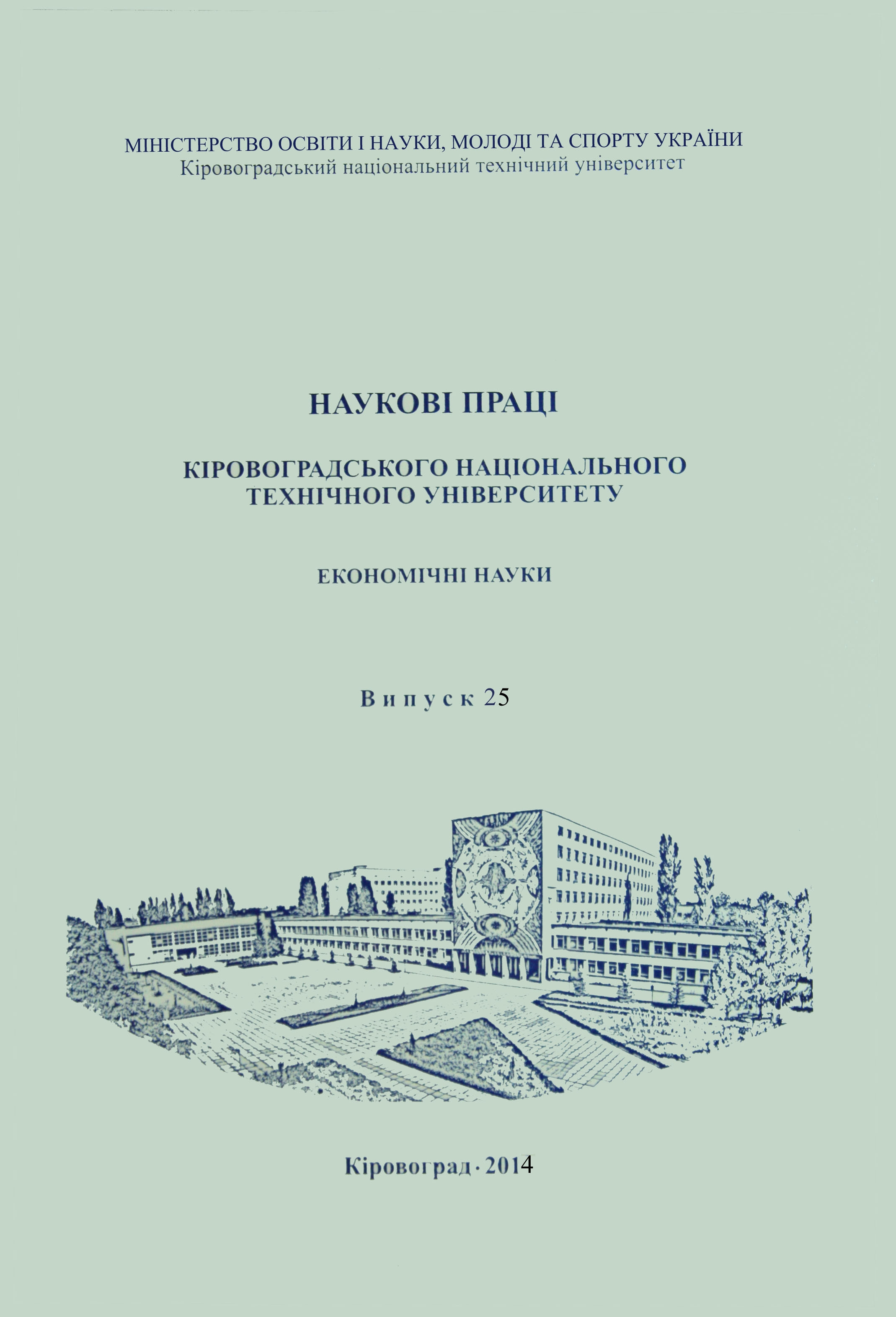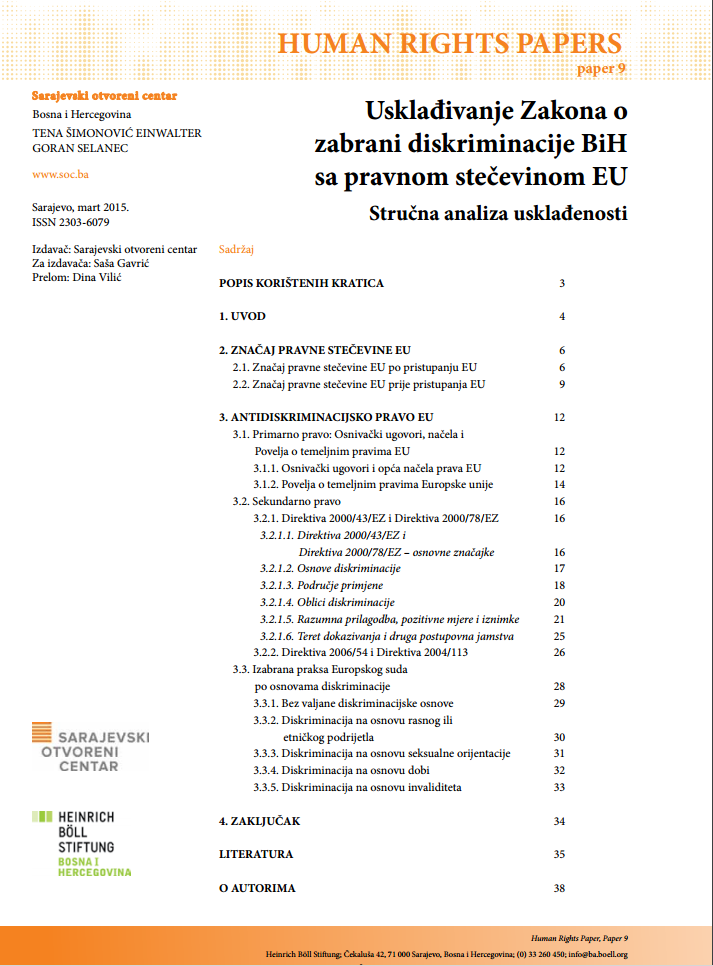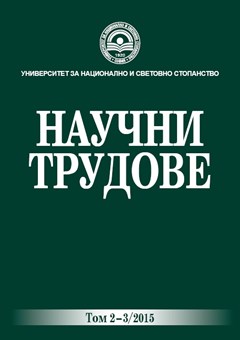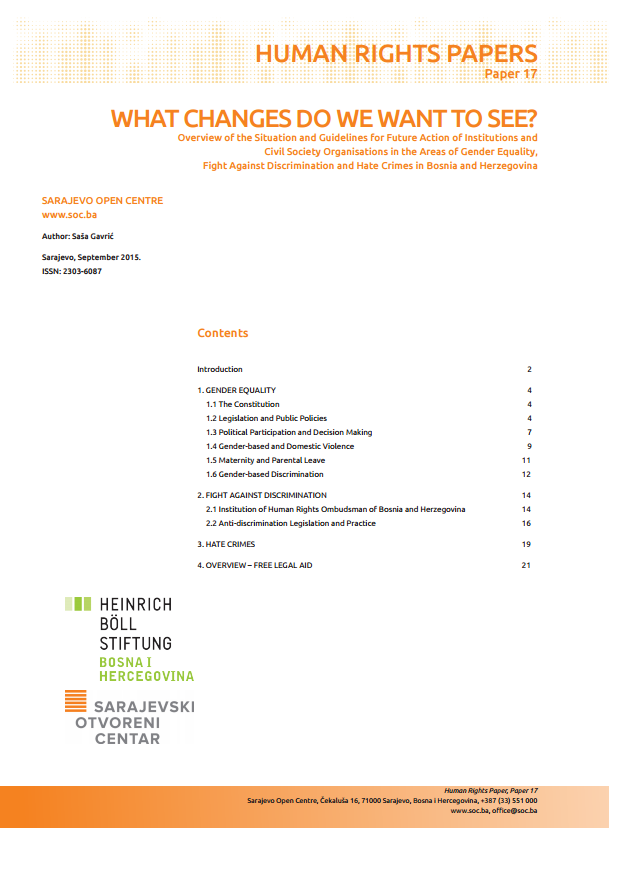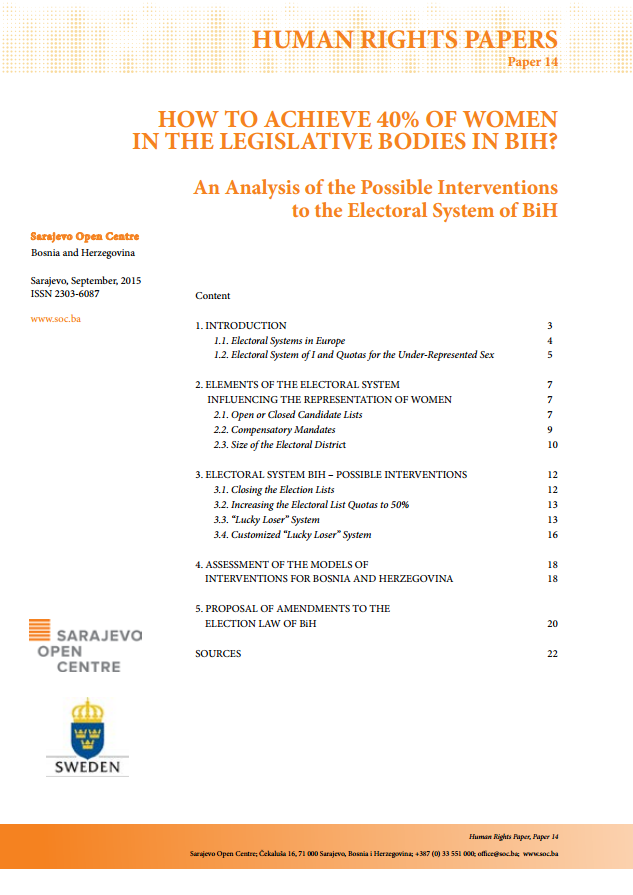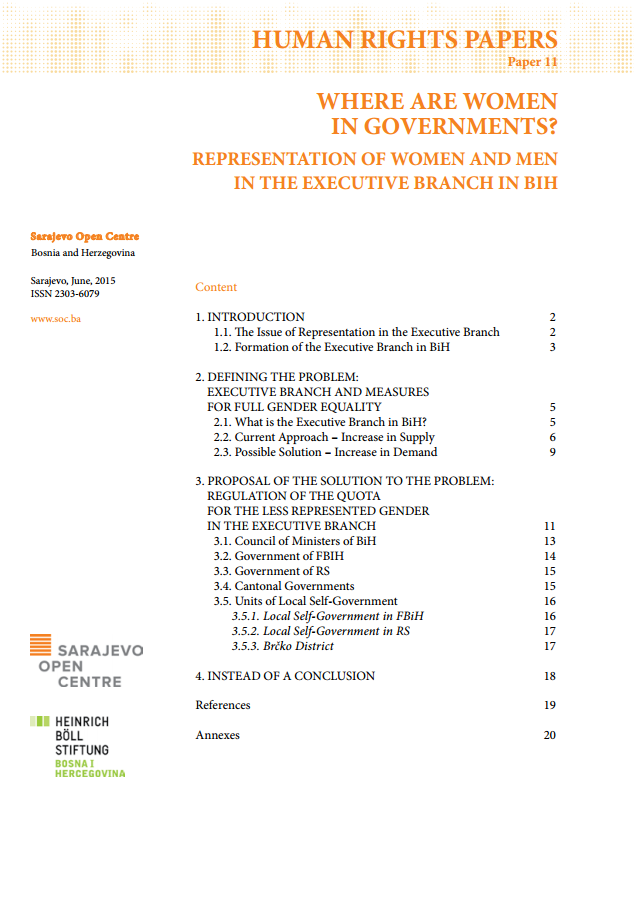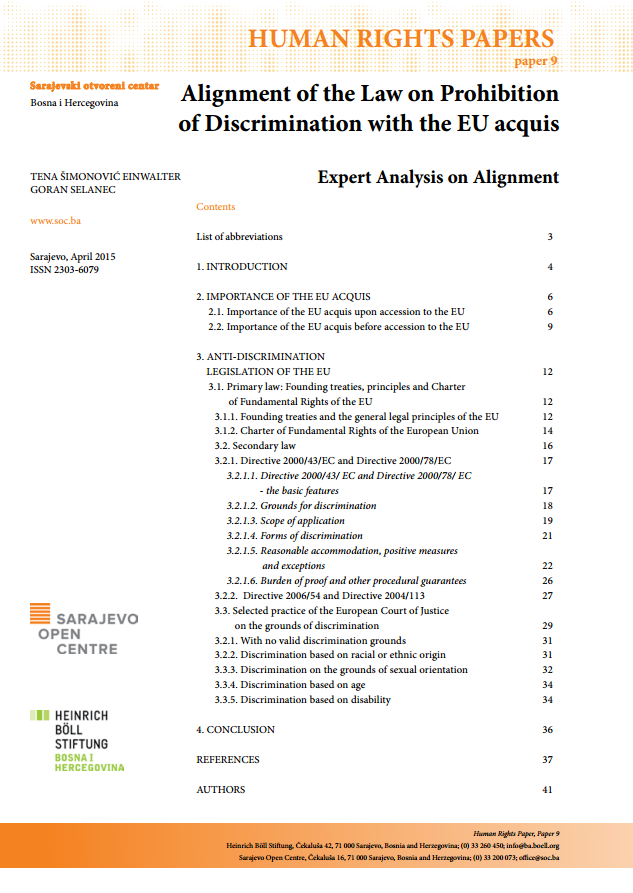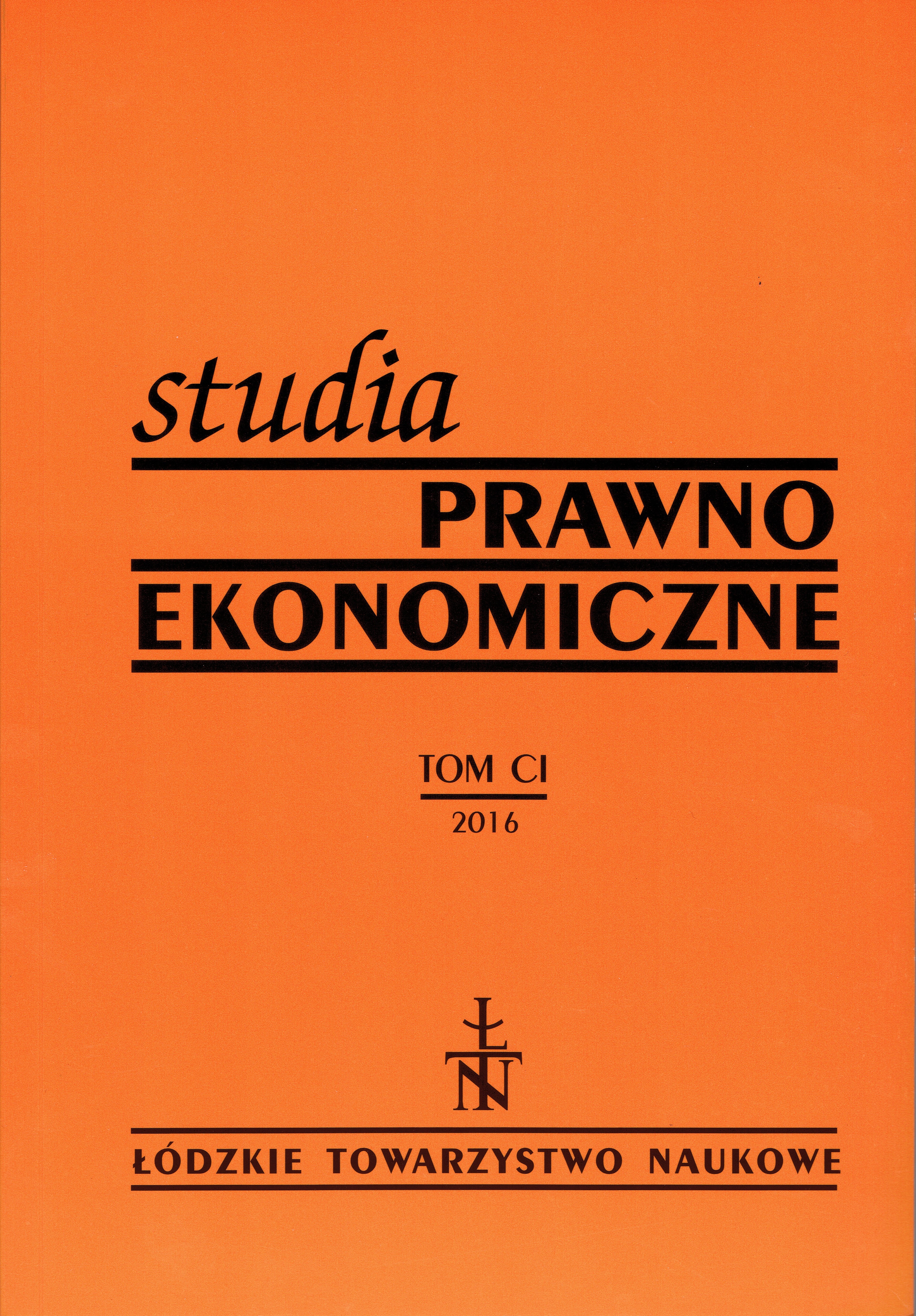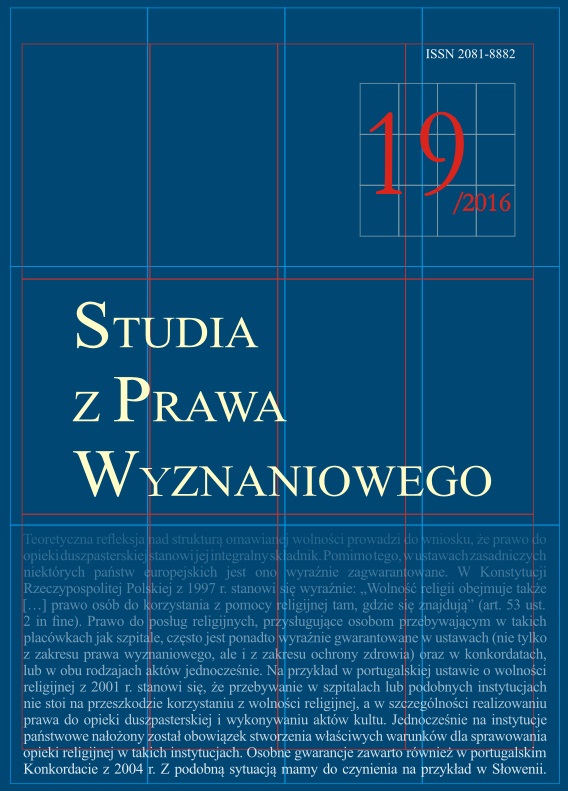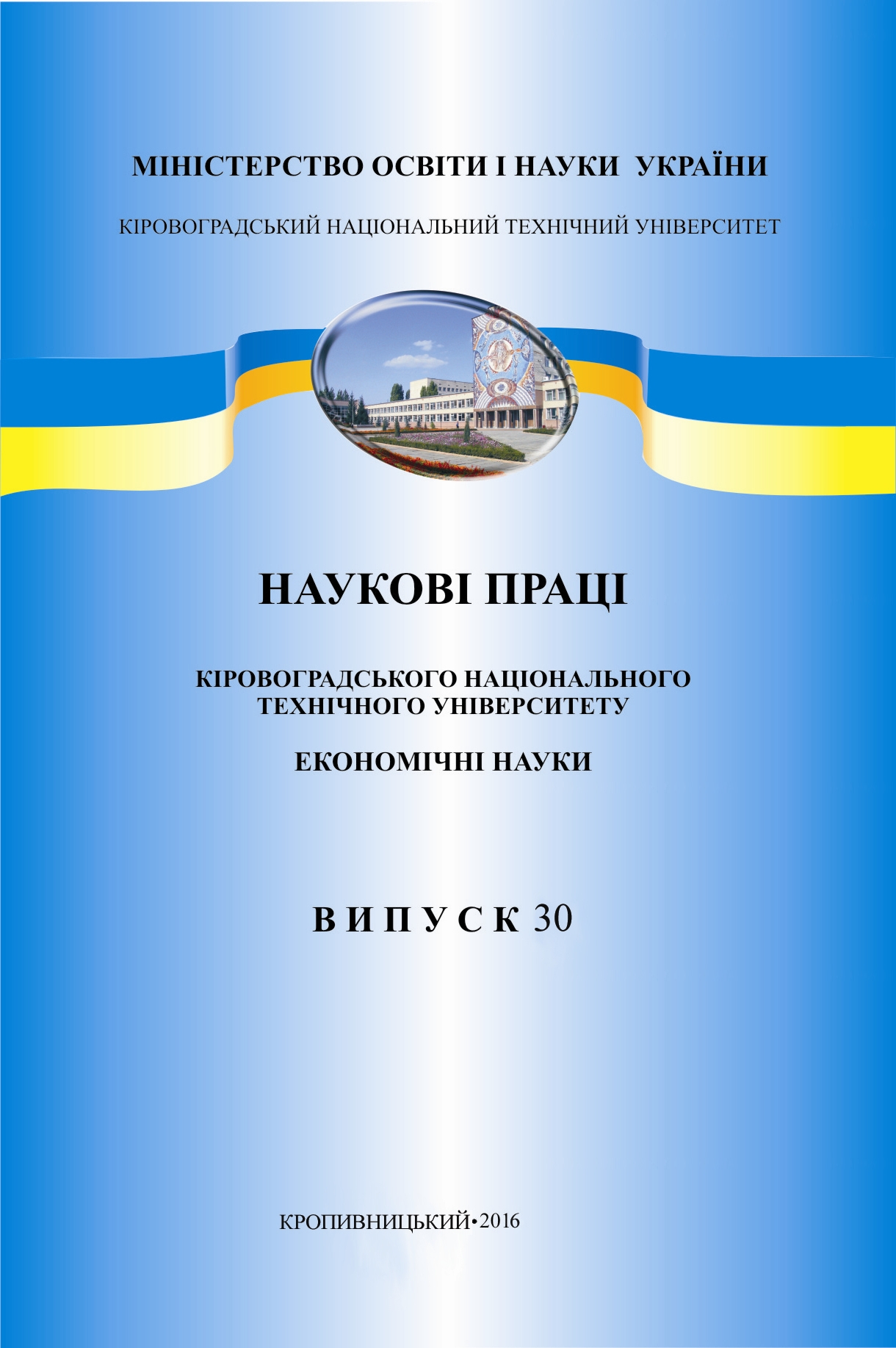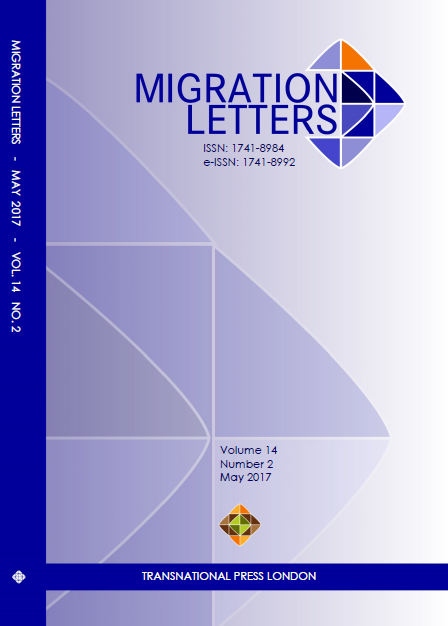The Concept of “Autonomy” And Its Relationship with the Idea of Transhumanism
Medicine has a lot of principles that need to be complied with especially when it comes to saving the life of the individual and, at the same time, respecting his rights. Today there are increasingly more cases of malpraxis either because these principles are not fully complied with or out of negligence. We believe that one of the most important principles of medicine is autonomy, whereas it is essential for the individual to act in accordance with his principles and values or those of the society where he lives. In this paper I shall analyze the concept of autonomy and its relationship with transhumanism. I shall argue that within human enhancement - whether cognitive enhancement or human enhancement - the individual must be autonomous and must be able to decide regarding his maximum benefit. We believe that human bioenhancement is a project that – when put into practice - could have negative consequences, since moral enhancement is rather seen as a danger to the freedoms and autonomy of the individual
More...
